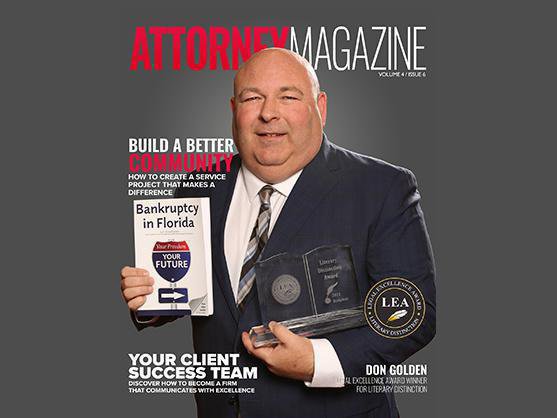Chapter 7 Discharge
Secured Debt
What debts can you discharge under Chapter 7 bankruptcy? The general rule is that any consumer debt, either secured or unsecured can be included in the bankruptcy petition. For unsecured debt, your creditors will seek repayment from your listed non-exempt assets. However, most people filing for Chapter 7 list only exempt assets, such as all equity in their home or retirement accounts. That typically means that unsecured debt, like credit cards and medical bills, will be discharged, unless the judge sees that you have added significantly to the debt total within 90 days of filing.
Secured debt is another way of saying that you are using property, like a car or boat, as collateral for the loan you took out to buy it. On the title, the bank will be listed as the ‘first secured party.’ When you file your Chapter 7 petition, you will be required to list the value of the property as an asset. If you don’t ‘reaffirm’ the debt – by agreeing to continue to pay the monthly bill, the lender has the right to repossess the item. Under Florida bankruptcy laws, you can claim up to $1,000 in equity in your car as exempt from your creditors.
The Discharge Process
The truth is, very few individuals or families filing for Chapter 7 discharge have any assets that are not exempt. That means most people are able to discharge their debts and keep their assets. Your creditors want their money, not your old sofa. Credit card companies have the right, however, to go through your list of particular purchases on their card and determine whether any of the items purchased are worth claiming. If you purchased jewelry for $1,200 a year ago, for instance, you may be forced to turn it over to them, in lieu of the debt owed.
It will generally take about three months from the date of filing to get a discharge in a Chapter 7 Case. In the meantime, you will not have access to your credit cards and cannot add to your debts or assets. Likewise, if you are in the process of filing for divorce, it is typically best to postpone your divorce litigation until your marital debts have been discharged.
Free Consultation · Affordable Payment Plans Possible · Call: (813) 680-3830
For more information about discharging debt through Chapter 7 or Chapter 13 bankruptcy, contact a Tampa, Florida, bankruptcy law attorney at The Golden Law Group. The firm offers a free consultation to assess your circumstances and accepts a low down payment on the full retainer fee.


